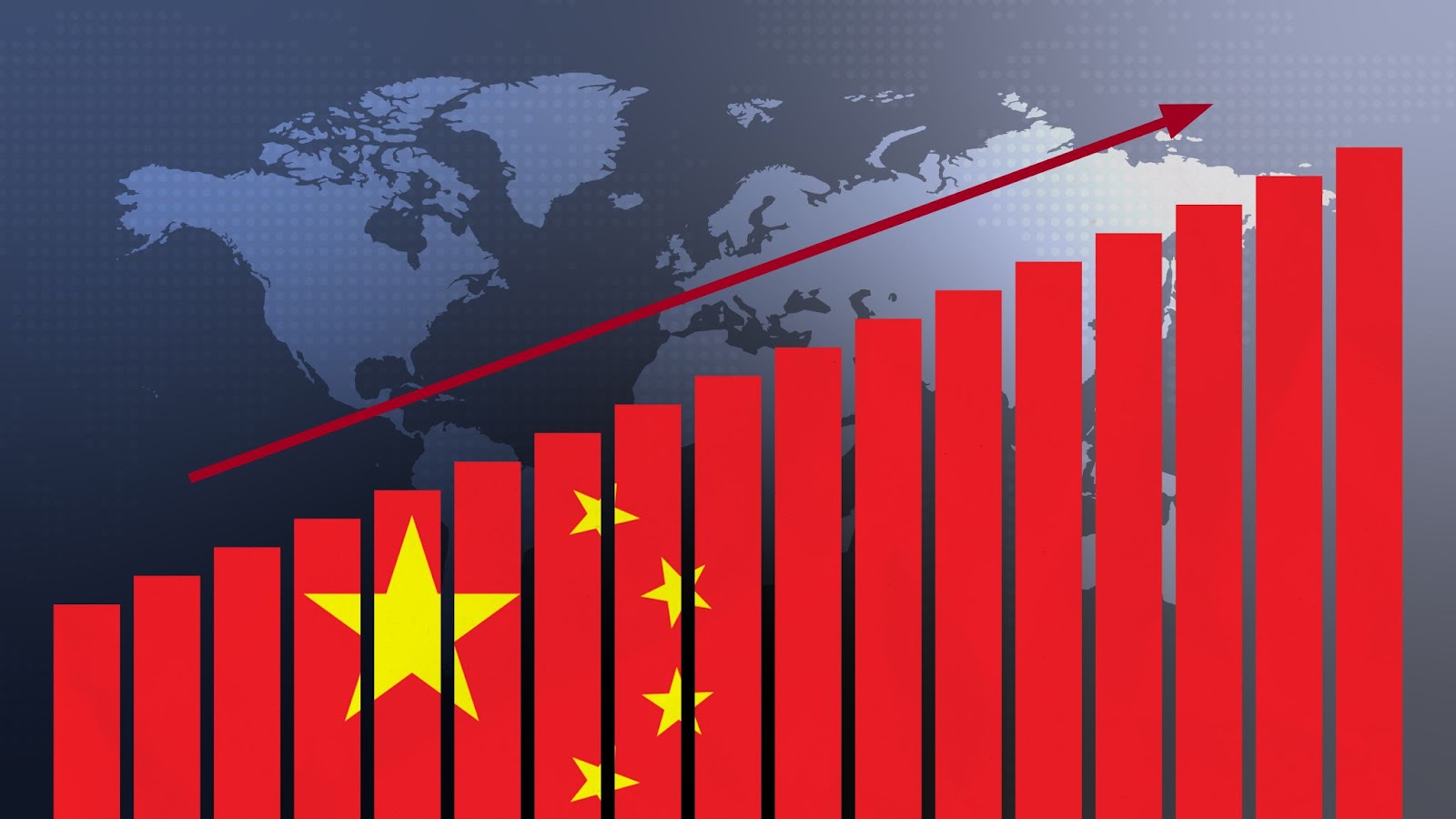Chinese Stock Market Faces Historic Capital Outflows Amid Stimulus Efforts
20.10.2024 13:00 2 min. read Alexander Stefanov
Capital outflows from the Chinese stock market have reached historic levels, with a staggering $4.1 billion exiting the market in just one week—the highest amount in over nine years.
This development comes amid a period of increased volatility, as the market reacts to government stimulus measures. Data from Bank of America Global Investment Strategy reveals a shift in sentiment, indicating that 2024 has been marked by instability compared to the more stable conditions that prevailed before 2021.
BREAKING 🚨: China
Chinese Stocks just saw a weekly outflow of $4.1 billion, the largest outflow in more than 9 years pic.twitter.com/d2UJ10srFq
— Barchart (@Barchart) October 19, 2024
These outflows occurred after a brief surge in October, which was initially sparked by government efforts to boost the equities market. On October 18, the People’s Bank of China launched two funding schemes to inject about $112.38 billion into the stock market, aiming to foster capital growth.
While there was a rally of over 20% following the initial stimulus package announced on September 24, this was followed by a 12% correction when additional fiscal measures did not materialize.
Despite the outflow trend, Chief Market Strategist Gabriela Santos reported net inflows of $12.7 billion into Chinese equities between September 24 and October 14, partially due to the stimulus announcements. She noted that foreign investors may increasingly look to China as they shift their focus away from other markets, such as Japan and India. However, sustaining this trend will depend on further fiscal support and structural reforms from the Chinese government.
Before these recent interventions, the market was already grappling with challenges such as a slowing economy, a real estate crisis, and rising geopolitical tensions, which led to record foreign withdrawals of $15 billion from equities in the second quarter. Many investors missed the opportunity to capitalize on the recent market rebound.
-
1
Binance Could Introduce Golden Visa Option for BNB Investors Inspired by TON
07.07.2025 8:00 1 min. read -
2
Weekly Recap: Key Shifts and Milestones Across the Crypto Ecosystem
06.07.2025 17:00 4 min. read -
3
Trump Imposes 50% Tariff on Brazil: Political Tensions and Censorship at the Center
10.07.2025 7:00 2 min. read -
4
Key Crypto Events to Watch in the Next Months
20.07.2025 22:00 2 min. read -
5
USA Imposes Tariffs on Multiple Countries: How the Crypto Market Could React
08.07.2025 8:30 2 min. read
Robert Kiyosaki Warns: ETFs Aren’t The Real Thing
Renowned author and financial educator Robert Kiyosaki has issued a word of caution to everyday investors relying too heavily on exchange-traded funds (ETFs).
Bitwise CIO: The Four-Year Crypto Cycle is Breaking Down
The classic four-year crypto market cycle—long driven by Bitcoin halvings and boom-bust investor behavior—is losing relevance, according to Bitwise CIO Matt Hougan.
Strategy to Raise Another $2.47 Billion for Bitcoin Acquisition
Strategy the company formerly known as MicroStrategy, has announced the pricing of a new $2.47 billion capital raise through its initial public offering of Variable Rate Series A Perpetual Stretch Preferred Stock (STRC).
AI Becomes Gen Z’s Secret Weapon for Crypto Trading
A new report from MEXC reveals a striking generational shift in crypto trading behavior: Gen Z traders are rapidly embracing AI tools as core components of their strategy.
-
1
Binance Could Introduce Golden Visa Option for BNB Investors Inspired by TON
07.07.2025 8:00 1 min. read -
2
Weekly Recap: Key Shifts and Milestones Across the Crypto Ecosystem
06.07.2025 17:00 4 min. read -
3
Trump Imposes 50% Tariff on Brazil: Political Tensions and Censorship at the Center
10.07.2025 7:00 2 min. read -
4
Key Crypto Events to Watch in the Next Months
20.07.2025 22:00 2 min. read -
5
USA Imposes Tariffs on Multiple Countries: How the Crypto Market Could React
08.07.2025 8:30 2 min. read


